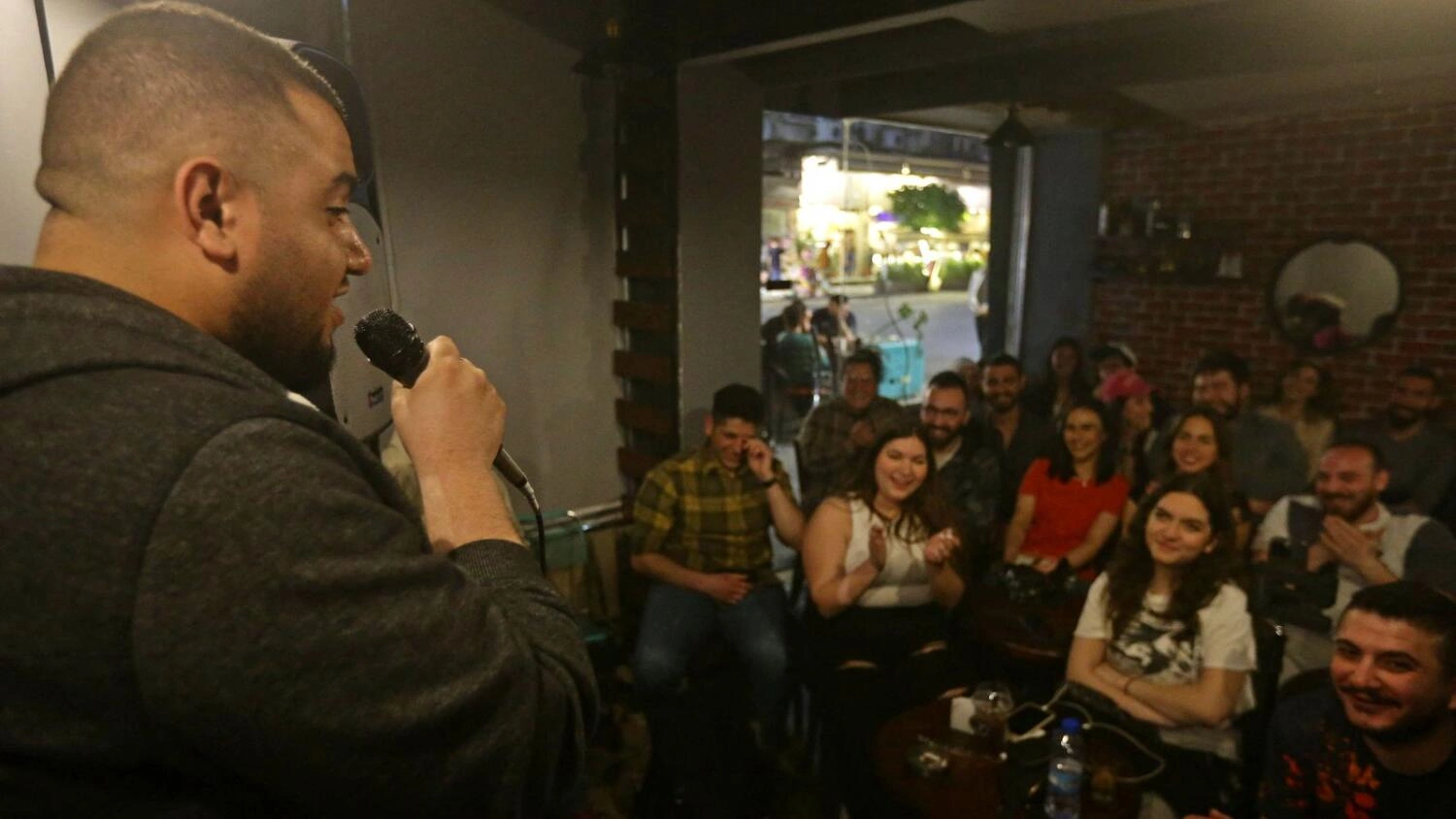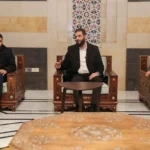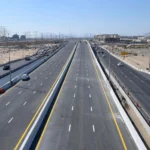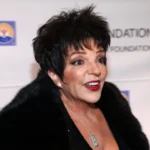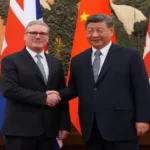Stand-up comedians in Syria are breaking taboos, poking fun at the Assad regime, and cautiously exploring the boundaries of free speech under the new government.
Melki Mardini, a stand-up performer in Damascus, is embracing the shift in freedom.
“The regime is gone,” he proclaims during a performance, referring to Bashar Al-Assad’s sudden exit earlier this month, marking the end of his family’s decades-long rule.
The audience, gathered in an art gallery, responds with cautious silence.
“What’s wrong? Still scared?” Mardini quips, prompting awkward laughter and scattered applause.
Mardini, 29, reflects on the change. “For two years, we performed under restrictions. We never imagined a time when we could speak so openly,” he says. Now, he describes his shows as “safe spaces” where ideas flow freely, except when mocking Assad, which is welcomed.
Under the former regime, even jokes about trivial matters like the dollar or mentioning Assad could result in arrest. Now, comedians like Mardini share bold stories and address topics previously off-limits.
During his routine, Mardini interacts with the audience, joking with a psychiatrist, “A new hero in Syria! Therapy will be in demand after 50 years of dictatorship.”
A Platform for Stories and Healing
The comedy collective Styria a blend of “Syria” and “hysteria” brings together 13 comedians, including one woman, to share personal stories. Topics range from arrests to dodging military service and navigating Syria’s notorious black market.
“Syria wants freedom!” declares Rami Jabr as he takes the stage. He adds with a grin, “This is our first performance without intelligence agents in the audience.”
Jabr recounts his harrowing experience in Homs, once the epicenter of anti-government protests. Detained for a month, he endured torture and false accusations of being an infiltrator.
Other performers share similar experiences of fear and oppression, uniting the audience through shared pain and hope.
Hussein Al Rawi jokes about his paranoia. “I still never share my address. What if he comes back?” he says, referring to Assad. “But I dream of a Syria for everyone.”
A New Era of Freedom?
The new government, made up of diverse rebel factions, has yet to impose restrictions on free speech. Said Al Yakhchi, a shopkeeper attending the show, notes the shift. “Under the old regime, there were limits. Now, no one controls us. There’s no fear.”
Mardini emphasizes the importance of preserving this freedom. “We didn’t fight for over a decade just to have a new regime tell us what we can and cannot say.”
Among the performers is Mary Obaid, a 23-year-old dentist who finds solace in comedy. “We express everything we’ve held back, and the audience feels it too,” she shares. Regarding the new rulers, Obaid says, “We’ll judge them by their actions. Right now, we feel free.”
She adds, “We’re at a turning point, moving from fear to freedom. This is a new Syria where no one should fear speaking out.”


